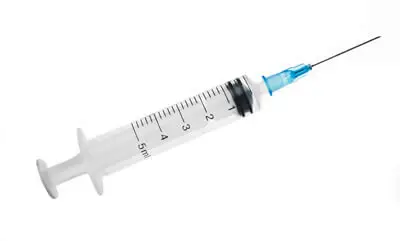| Item | Price | Qty | Total | |
|---|---|---|---|---|
 Loading Cart...
Loading Cart...Intravenous Administration of PRP in Neurological Disorders

Intravenous Administration of PRP in Neurological Disorders
Intravenous (IV) Platelet Rich Plasma (PRP) is a concentration of platelets that are prepared and injected into a vein. Intravenous PRP is being investigated to address neurological disorders, as well as to help in other areas like memory. Neurological disorders include conditions like Parkinson's disease.
Continue reading to see how PRP and neurology meet, what is used in the intravenous PRP preparation process, and the possible side effect you may experience.
Why Consider Intravenous PRP?
Unlike a local injection, delivering PRP therapy intravenously may allow for the PRP to travel to the body area in need of healing, rather than the healing being isolated to a specific area.
With a more systemic healing effect, IV PRP may help to call upon the patient’s stem cells to aid tissue regeneration and create the environment necessary for the PRP to function properly. Intravenous PRP may be able to regenerate the central nervous system.
Preparing Intravenous PRP and Risk of Clotting
Dr. PRP is working to develop a autologous activated (AA) IV PRP protocol. More information will be forth coming.


